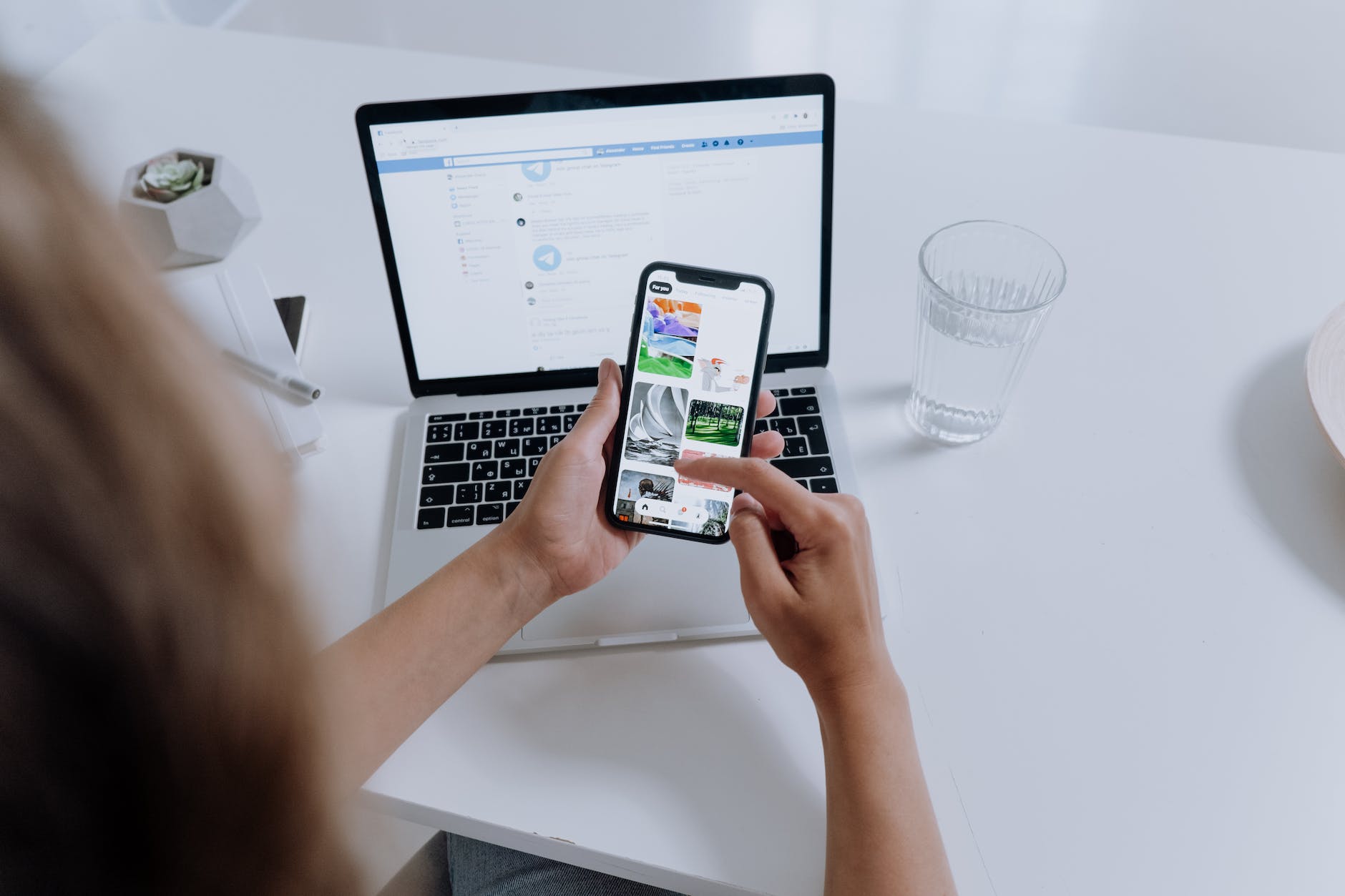 pproximately 4.9 billion people use social media worldwide. And an average user will leave 9,828 photos and 10,811 posts on these platforms during their lifetime. But this is just a fraction of the digital evidence the internet will carry for an infinite time into the future.
pproximately 4.9 billion people use social media worldwide. And an average user will leave 9,828 photos and 10,811 posts on these platforms during their lifetime. But this is just a fraction of the digital evidence the internet will carry for an infinite time into the future.
Digital traces can expose you to countless dangers. So, understanding them and taking charge of your data legacy is critical for a safe online interaction.
What Are Digital Traces?
Digital traces are the small pieces of evidence you leave behind each time you interact with your devices. These are similar to the traces you leave in the real world—from the fingerprints on a door you touched to a strand of hair that falls on the floor.
Sometimes known as the digital footprint, these traces do not just include the photos you upload to Facebook, articles you post on Medium, comments you share on Quora, or the messages you send on WhatsApp.
Your phone number, email address, date and time of your activities, and the usernames you used to log in will all become part of your digital legacy. Even your location and device make and model can add to it without your knowledge.
How are they captured?
Many businesses proactively track and collect data each time you interact with their products and services. For example, using cookies is a common practice to track site visitors. They allow websites to check which pages you visited, how much time you spent on each, what you downloaded and clicked on, and how many times you returned, among various other information.
Meanwhile, your browser tracks your online activities and keeps records of the terms you searched for, websites you visited, documents you downloaded, and cookies installed. Even devices collect data around the clock. Your smartphone, for instance, knows a disturbing amount of your personal information, from your active waking hours to your location. The apps you download track your digital traces, too. Without realizing it, you have likely granted them access to your contact lists, location details, photos, and downloads through app permissions.
Amazon, Facebook, Apple, and Google are some of the biggest aggregators of digital data. For example, Google collects your personal information across multiple platforms, tools, and services. It knows what you searched for on its search engine, where you went using Google Maps, whom you communicated with on Gmail, what you watched on YouTube, and which apps you downloaded from its Play Store. It doesn’t stop there; Google can even synchronize your activity data across multiple devices and collate all digital traces, leaving no room for privacy.
Many of the digital traces you create in cyberspace are subtle and unintentional. They create massive opportunities for businesses and criminals. This is where the problem begins.
Why Your Digital Traces Matter
Digital traces are a major challenge to user privacy. With the endless amount of data you stand to create and leave around, mostly unintentionally, maintaining privacy becomes nearly impossible in a digitized world.
To make matters worse, the organizations that collect your data frequently share it with others, usually for financial reasons. These data sharing practices have even landed some businesses in legal trouble. Last year, for instance, regulators fined Meta $725 million for sharing user data with third parties without consent.
There is also the risk of hacking attacks. Cybercriminals could use your data footprint to target you for identity theft, financial fraud, and various other crimes, exposing you to unimaginable dangers.
However, data traces are not without benefits. They allow law enforcement agencies to track criminals and enable businesses to provide critical services. For instance, by curating data, Amazon can show you more relevant product recommendations, PhoneHistory can help identify unknown callers and avoid scams, and Equifax could provide credit reports so you can obtain a mortgage.
Taking Control of Your Digital Footprint
You don’t always have control over what information others collect and share with third parties. However, you can minimize what you leave behind and prevent certain data from accumulating in cyberspace.
Here are the essential measures to take charge of your data traces:
- Assess the future impact before uploading any content to social media, forums, message boards, blogs, and websites.
- Think twice before sharing personal information with friends and family using digital tools. Remember, any material in digital format, from text to images and videos, is shareable.
- Delete your browsing history, cookies, and cache from the browser. Also, deactivate auto form fill and suggestion options.
- Disable data collecting and sharing features provided by online retail stores, social media platforms, and other websites where you have accounts. The same applies to your devices, including your PC and smartphone.
- Read data privacy and collection policies before signing up for any digital service, product, or account.
- Avoid newsletters, loyalty programs, memberships, and any other promotion or program that request your full name, email address, or other identifiable information.
- Reject cookies whenever possible to prevent websites from tracking your activities.
- Strengthen device security with passwords, virus guards, and regular software updates.
- Encrypt and shield your internet activity and IP address with a VPN.
- Minimize the use of mobile apps and deactivate app permissions that involve access to unnecessary personal data.
- Keep a separate email address and phone number for account verifications and new signups.
- Avoid opening user accounts when you can access a service in guest mode.
- Never connect accounts with your Facebook or Google profile. While it could make sign-ins easier, this practice will also allow organizations to track your activities across multiple platforms.
- Delete accounts you have not used in the past year.
To Conclude
Your data traces can expose you to significant risks and compromise your privacy and safety in innumerable ways. But with adequate steps, you can minimize what you leave behind, deter organizations from actively tracking your information, and mitigate cyber threats, such as phishing and hacking.
However, keep in mind that entirely eliminating your data footprint is no longer possible. Besides, certain traces could have both negative and positive effects. For example, the location information your phone collects could put you in danger in the event of hacking. But it can also be useful to track and find your phone when it is lost or stolen. So, try to always weigh the pros and cons when taking control of your digital traces.
Avid Writer with invaluable knowledge of Humanity!
Upcoming historian with over 30 million views online.
“You make your own life.”





